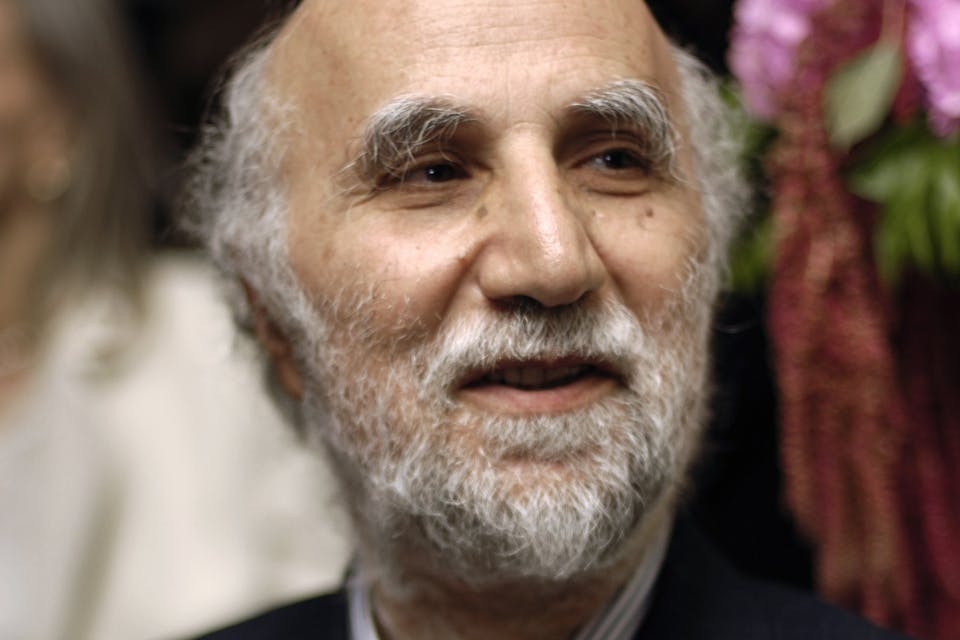
August 22, 2022
Fouad Ajami’s “When Magic Failed” Captures Lebanon at Its Best and Worst
The late historian's memoir, an unstinting portrait of the unhappy collision of tradition and modernity in Lebanon in the years following World War II, is one of the best of our time.
It’s often difficult to predict where a significant work of literature will come from. Jean-Jacques Rousseau was an obscure music critic in Paris when, in 1750 at the age of thirty-eight, he dropped the Discourse on the Arts and Sciences on the world. Other writers and thinkers held in high repute famously toiled away in patent offices, as medical professionals, or in high-stress political careers, stealing away hours here and there to write books that might interest present but especially future readers. Some enduring works—though frankly very few—have even been written by obscure university professors.
I submit to Mosaic readers that When Magic Failed, the posthumously published memoir by the late Middle East scholar and writer Fouad Ajami (1945–2014) is a significant work of literature, one of the few works to have come out of our time that, if there’s any justice, should be read into the future. Since its publication earlier this year, the book has mostly been seen as a simple coming-of-age story, of growing up Shiite in southern Lebanon and Beirut. It is this but also much more: an unstinting portrait of the unhappy collision of tradition and modernity in Lebanon in the years following the Second World War. That collision has looked dramatically differently in different parts of the world. But by showing us what the collision of tradition and modernity looked like from Lebanon, When Magic Failed can even help us navigate a challenge that continues to define our times, and not only in the Arab world.
I do not believe it is necessary to spend too much time introducing Mosaic readers to Fouad Ajami. Over the years, this magazine has published some of the best recollections of the man and the meaning of his work. As one of them goes, “A career in political science at Princeton and the Johns Hopkins School of Advanced International Studies (SAIS) quickly blossomed into a role as one of the most significant observers of the Middle East in an era of increasingly intense and highly controversial American involvement in that region’s affairs.” And as another puts it, Ajami “specialized in explaining to Westerners the complex and traumatic encounter of the Arab peoples with modernity.”